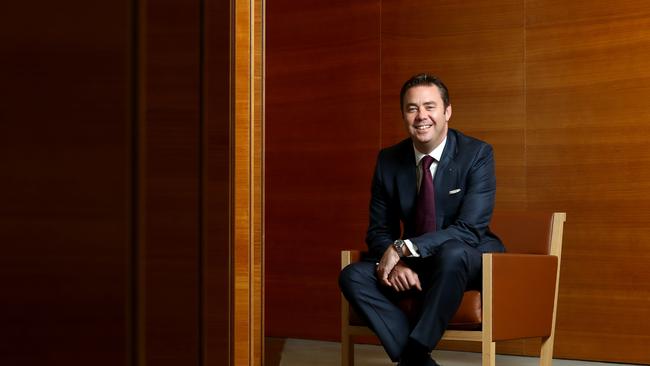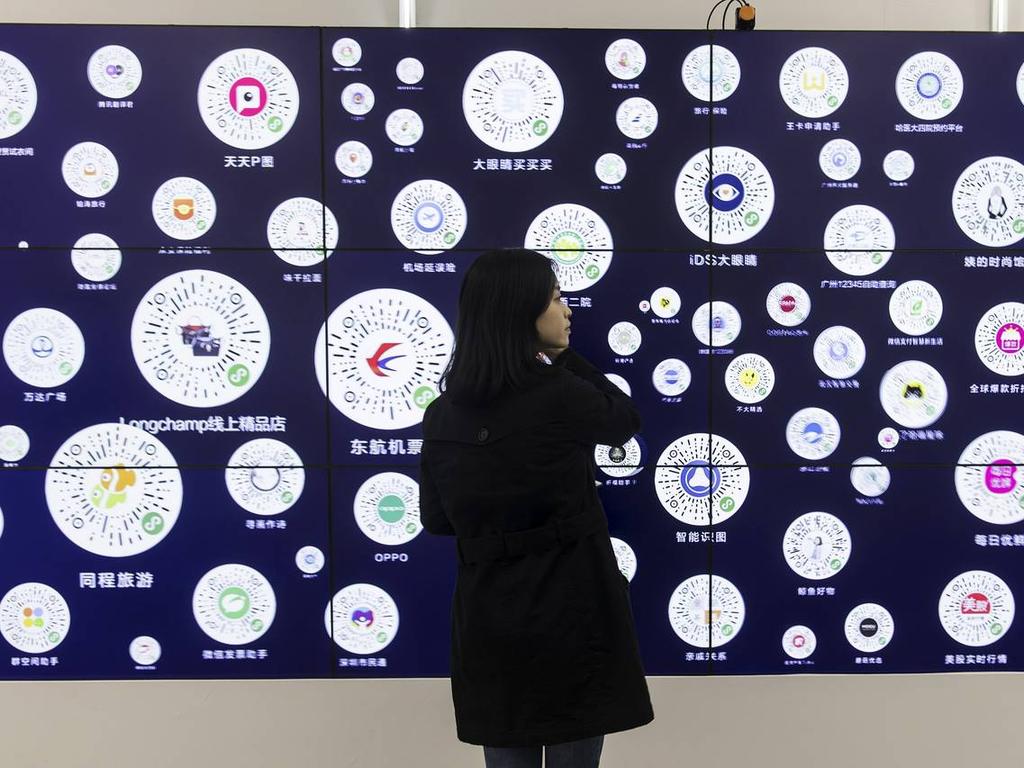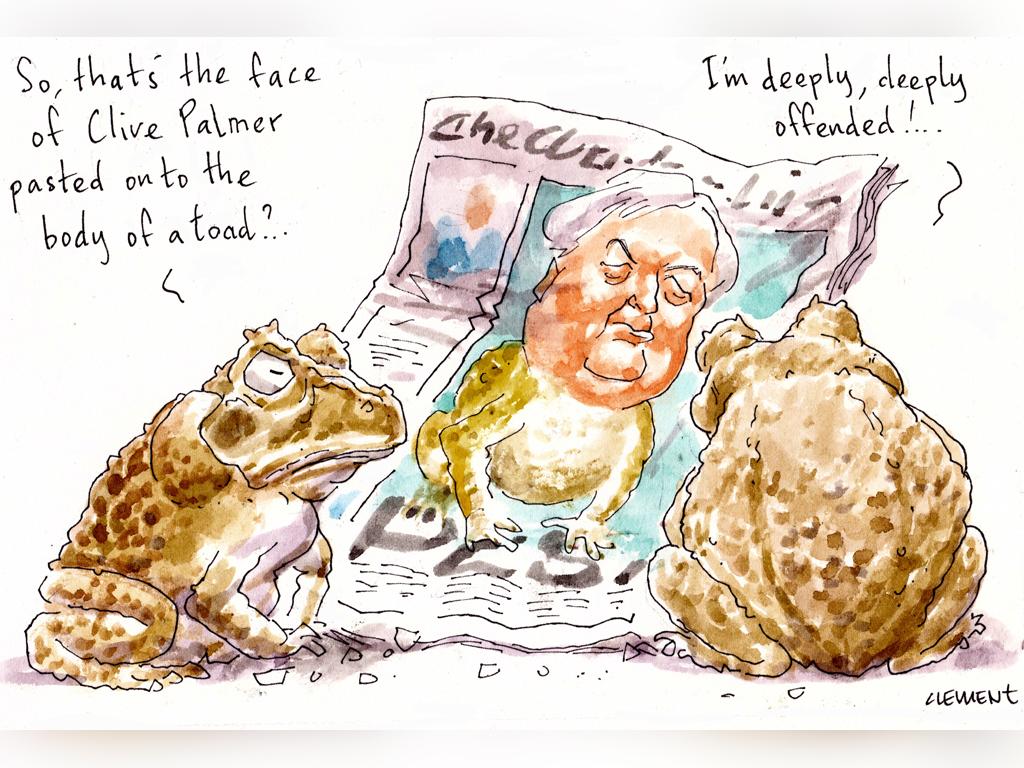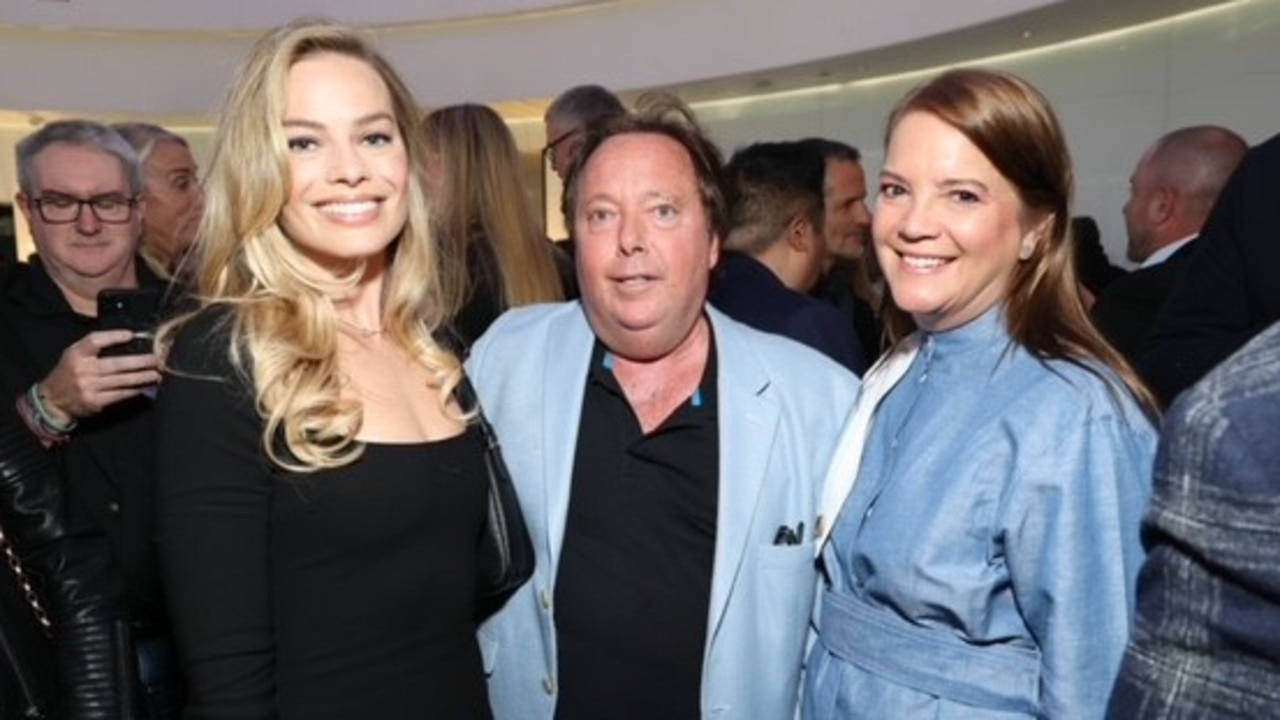AMP’s harassment details kept out of spotlight
The sudden departure of AMP Australia boss Alex Wade early this month reopened wounds.

In late 2018 the Australian Human Rights Commission was embarking on a landmark inquiry into sexual harassment in the workplace, corralling the nation’s largest companies and employers.
It was important that the use of nondisclosure agreements in workplace sexual harassment matters didn’t impede its work.
That’s when Sex Discrimination Commissioner Kate Jenkins got on the front foot.
A letter was distributed far and wide to industry bodies and leadership groups including the Business Council of Australia and the Male Champions of Change.
Among the nation’s large banks ANZ, Commonwealth and Westpac provided some form of limited confidentiality waiver so that current and former staff could make private submissions to the National Inquiry into Sexual Harassment in Australian Workplaces.
AMP had two executives on the Male Champions of Change group at the time: then head of AMP Capital Adam Tindall and the unit’s now departed head of global real estate, Carmel Hourigan.
They attended two meetings of the Male Champions of Change in which the Jenkins letter was distributed, but didn’t follow through on the request so that staff bound by nondisclosure agreements could make submissions to the inquiry.
The request may have just slipped through the cracks at AMP, but it also may have been an early indication of cultural shortcomings which have come to the fore in 2020.
The wealth management group is now battling on several fronts over poor culture, forcing chief executive Francesco De Ferrari to publicly address the issues and the David Murray-led board to take action by forming a working group focused on the topic.
National Australia Bank is another notable outlier from the group that agreed in 2018 to limited waivers, while among the big accounting firms Deloitte and PwC Australia were not on the list.
Others that did provide limited waivers to staff included BHP, Telstra, Medibank and Rio Tinto.
It was the sudden departure of AMP Australia boss Alex Wade from the wealth group early this month which reopened wounds. The Weekend Australian last week revealed Wade’s exit was associated with inappropriate conduct and the sending of lewd photos to a female employee.
Wade resigned after material was presented to AMP, and walked away from lucrative short and long-term bonus payments.
The revelations around Wade came weeks after AMP’s promotion of Boe Pahari to take the reins at AMP Capital from Tindall, who retired, had stirred controversy. That was linked to a large financial penalty imposed on Pahari over a harassment incident several years earlier, where a settlement was brokered between AMP and the woman involved.
Shortly after the promotion of Pahari, Hourigan left AMP, accepting a top executive role at Charter Hall.
The incidents cast a shadow over AMP’s half-year profit results on Thursday and had De Ferrari — who hired former Credit Suisse colleague Wade — in damage control. In light of the coverage, De Ferrari vowed that cultural improvement would be his top priority in the final months of 2020.
AMP has over the past month set up a three-member board culture working group, led by Debra Hazelton, and a De Ferrari and employee-led task-force as it attempts to instil a better culture. The company has also appointed a group integrity officer, and an external expert will be tapped to help steer the process.
The AMP earnings result, despite a sharp 42 per cent drop in underlying profit worsened by COVID-19, showed De Ferrari making some progress on his turnaround and simplification plans after many years of underperformance at the 171-year old company. Investors applauded a special dividend delivering shareholders $344m and a share buyback of up to $200m, stemming from surplus capital AMP banked from the $3bn sale of its life insurance division.
De Ferrari started his post-results investor meetings on Friday; Pahari participated in some before heading back to London via Hong Kong.
Investors reacted positively to the results and capital, with AMP’s stock notching up two days of strong gains amounting to a combined 13 per cent rally. The shares closed at $1.56 on Friday.
But the reaction by analysts was mixed.
Citigroup’s Nigel Pittaway labelled the turnaround process at AMP long and difficult.
“While (financial) advisers have been cut by almost 30 per cent and AMP spent $35m on BOLR (buyer of last resort practice) acquisitions in the half, it is still unclear how its adviser force will ultimately look,” he said. “We continue to believe this transition will be long and arduous with no guarantees of success.”
But Pittaway noted the special dividend as a positive, which prompted him to lift his call on AMP to “neutral/high risk” from “sell/high risk”.
Bell Potter analyst Lafitani Sotiriou was even more bullish on AMP after the profit result, raising his price target to $2.60, and saying the simplification strategy was gathering momentum.
“Following AMP’s trading update we have upgraded our underlying earnings per share by 5.5 per cent, 3.2 per cent and 3.9 per cent for financial years 2020, 2021, and 2022 respectively. The upgrade is largely driven by the inclusion of the AMP Capital 15 per cent earnings, and the share buyback program.”
AMP’s results showed it is repurchasing Mitsubishi UFJ Trust and Banking Corporation’s 15 per cent stake in infrastructure and real estate arm AMP Capital, making the division wholly owned. Credit Suisse analysts said while they had expected a larger capital return and more AMP cost savings, the shares were trading at a compelling price.
“While frustrated by the mixed messaging from AMP, there remains valuation appeal which keeps us on an outperform rating.”
For now though, AMP’s De Ferrari is under pressure to speed up cultural change across the wealth manager.
“We’ve made progress in strengthening accountability and execution but know we have more to do,” De Ferrari said.
Do you know more? moullakisj@theaustralian.com.au







To join the conversation, please log in. Don't have an account? Register
Join the conversation, you are commenting as Logout